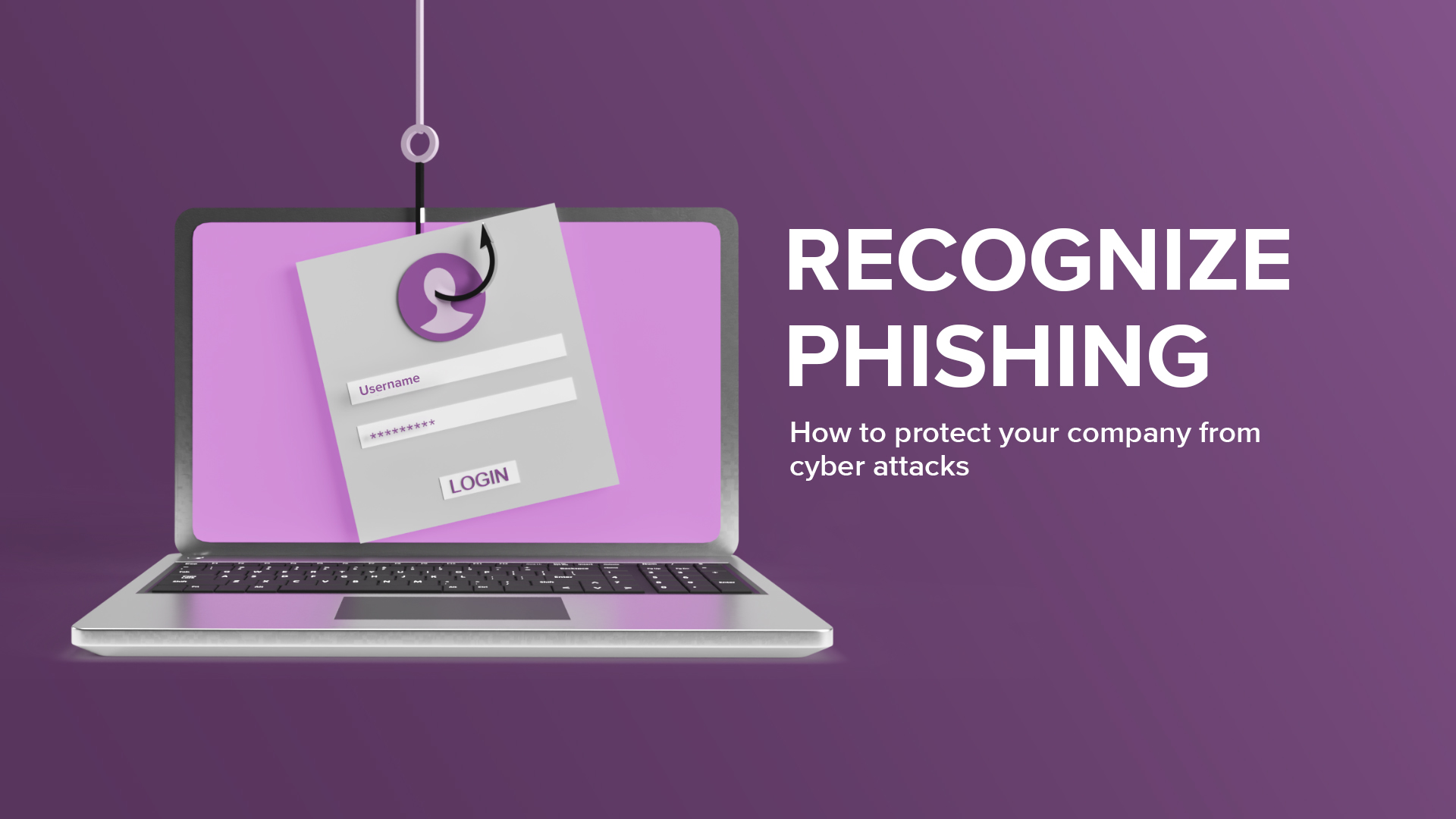Over 80% of cyberattacks start with a phishing email. Can you spot the danger?
Phishing is one of the most common online fraud schemes – and many victims only realize it when it’s already too late. Fake emails, fraudulent links, or deceptive phone calls: attackers are becoming increasingly sophisticated. Did you know that one in three people has already fallen for phishing? It’s high time to protect yourself!
What exactly is a phishing email?
The term phishing combines “password harvesting” and “fishing” – it literally means “fishing” for passwords and sensitive data. It’s a collective term for different fraud techniques aimed at stealing personal information, login credentials, or even money. These attacks often come via email, but also through phone calls (vishing) or SMS (smishing).
How does a phishing email work?
Phishing emails push recipients to take action—such as clicking on a link, entering personal information, or making a transfer. The goal is to trigger a hasty reaction. They are often sent to large groups to maximize the attackers’ chances of success.
With relatively little effort, cybercriminals can obtain highly valuable data. Victims risk severe consequences such as malware infections (including ransomware), data loss, or reputational damage.
Deceptively authentic disguise
Phishing emails often appear to come from trusted senders—colleagues, corporate mailing lists, customers, suppliers, banks, or even government authorities. In some cases, employees are even contacted in the name of the CEO—a scam known as CEO fraud. Staff receive a fake email that seems to come from their boss, instructing them to transfer funds to a foreign account. Because these emails often look genuine, suspicion is rare—leaving companies exposed to serious financial harm.
Phishing – a real threat
Regardless of the method, phishing poses a major risk to businesses. Damage recovery can take weeks or even months. While no organization can achieve 100% protection, training employees and implementing preventive measures can significantly reduce the risk.
Stay tuned: in our upcoming posts, we’ll explain how scammers operate and how businesses can effectively protect themselves against phishing attacks.
Interesse an einer Security Awareness Schulung?
Kontakt zum Team der i-data
i-data GmbH
0531 180 59 300
Steintorwall 3, 38100 Braunschweig
